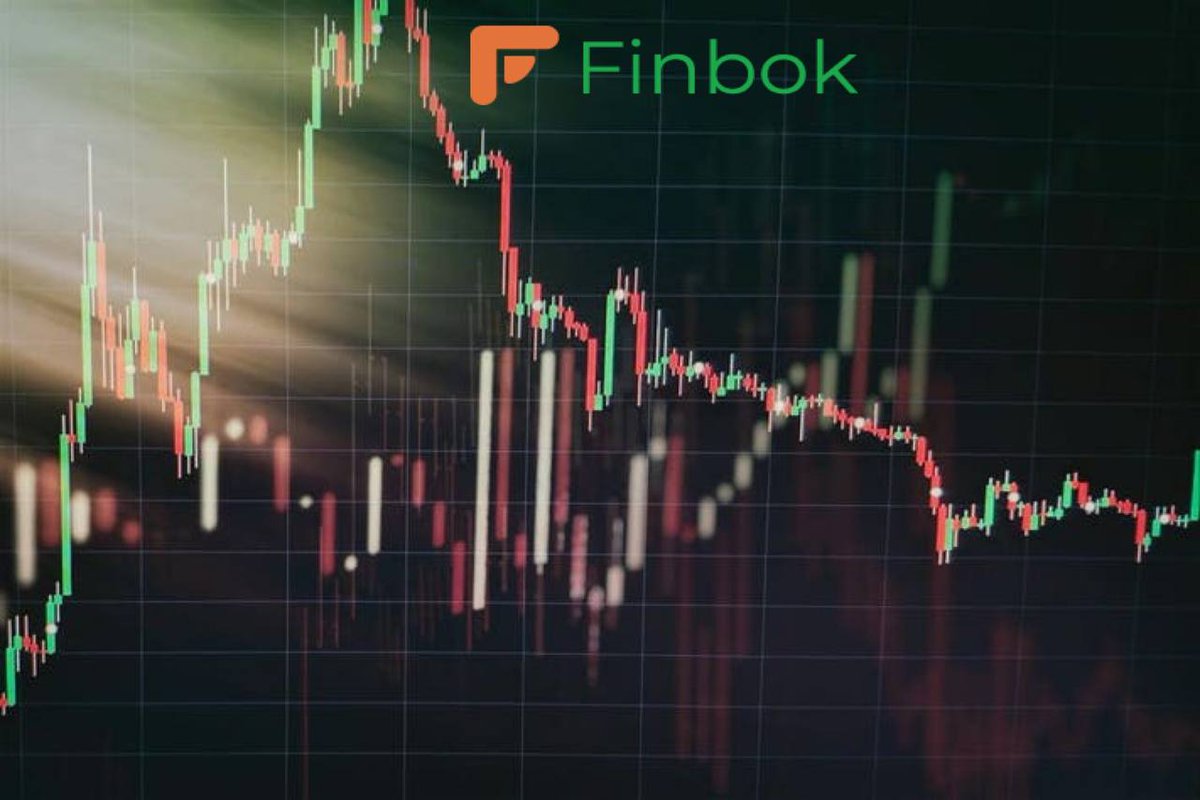Forex trading in South Africa presents a vast opportunity for individuals to be able to engage in a global financial markets in addition to potentially grow their particular wealth. As one of the most liquid and energetic markets globally, currency trading offers a various array of instruments, which includes gold, stocks, products, and indices, almost all of which are usually actively traded throughout South Africa. With how to learn forex trading in south africa in technologies and access to online trade platforms, Southern African traders could now easily engage in forex trading through the comfort of their homes or on-the-go using their mobile phones. This accessibility has opened doors for many aspiring investors to enter industry and explore the many trading opportunities obtainable.

Advantages of Forex Trading in South Africa
Forex trading in South Africa offers men and women the opportunity to be able to participate in one of many largest financial market segments in the modern world. With the capability to trade numerous currency pairs, it provides a varied investment option in comparison to traditional marketplaces.
Platinum trading in South Africa is also the popular choice between Forex traders. Typically the country's rich mineral resources make it an attractive marketplace for those seeking to invest in precious metals, offering profit potential diversification.
Additionally, joining in stocks buying and selling in South Africa via the Forex industry allows investors to reach a wide array of companies listed on the Johannesburg Stock Exchange. This permits traders in order to capitalize on regional market opportunities while benefiting from the fluidity and adaptability of the particular Forex market.
Tips for Prosperous Trading in South Africa
If delving into Forex Trading South Africa, it is crucial to conduct comprehensive research on the market trends, monetary indicators, and geopolitical events affecting typically the region. Stay knowledgeable about the best and newest developments in Precious metal Trading South Africa, Shares Trading South Africa, Goods Trading South Africa, and Indices Trading South Africa to generate well-informed trading decisions.
Designing a solid stock trading strategy tailored to be able to the unique features of the Southern region African market may greatly enhance your current chances of success in Forex buying and selling. Consider factors like market hours, fluid, and volatility in order to optimize your buying and selling approach. Remember to diversify your stock portfolio across different resource classes such as gold, stocks, goods, and indices to mitigate risks.

Risikomanagement is major to long-term good results in trading. Place stop-loss orders, adhere to your trading plan, and steer clear of emotional decision-making. Utilize risk management resources offered by stock trading platforms to guard your own capital and maximize profitability in the dynamic environment of Forex Trading South Africa.
Regulations plus Oversight in South Africa
Forex trading in South Africa is regulated by the Financial Market Conduct Authority (FSCA), which ensures of which market participants conform with strict recommendations to protect buyers. The FSCA screens the activities associated with forex brokers, guaranteeing transparency and fair practices in the particular industry.
When it gets into to gold trading in South Africa, the oversight extends to the South Africa Reserve Bank (SARB), which regulates the particular flow of yellow metal and other precious metals in and out and about with the country. The particular SARB aims to maintain stability in the gold trading market and stop illegal activities such as smuggling.
For stocks, commodities, and indices trading in South Africa, the Johannesburg Stock Exchange (JSE) plays a crucial function in overseeing these markets. The JSE regulates the real estate and trading regarding stocks, commodities, in addition to indices, ensuring that industry participants adhere to recognized rules and rules.
